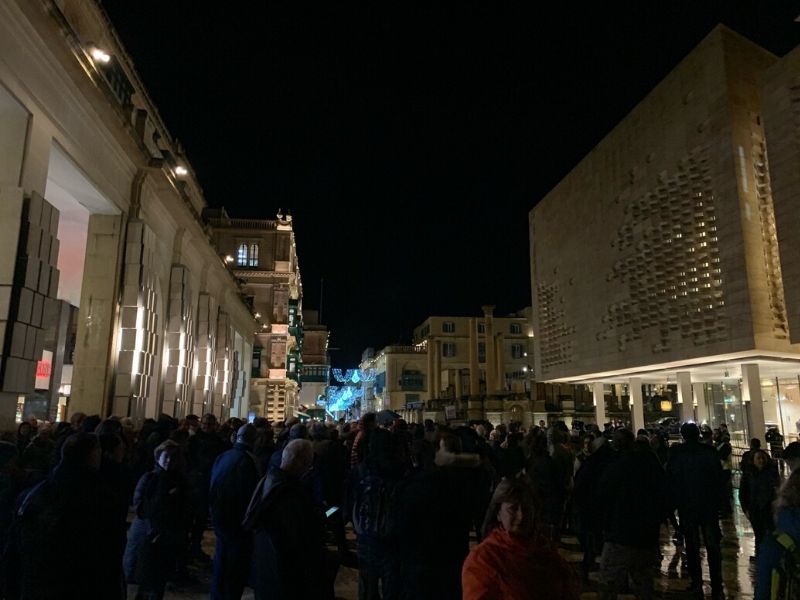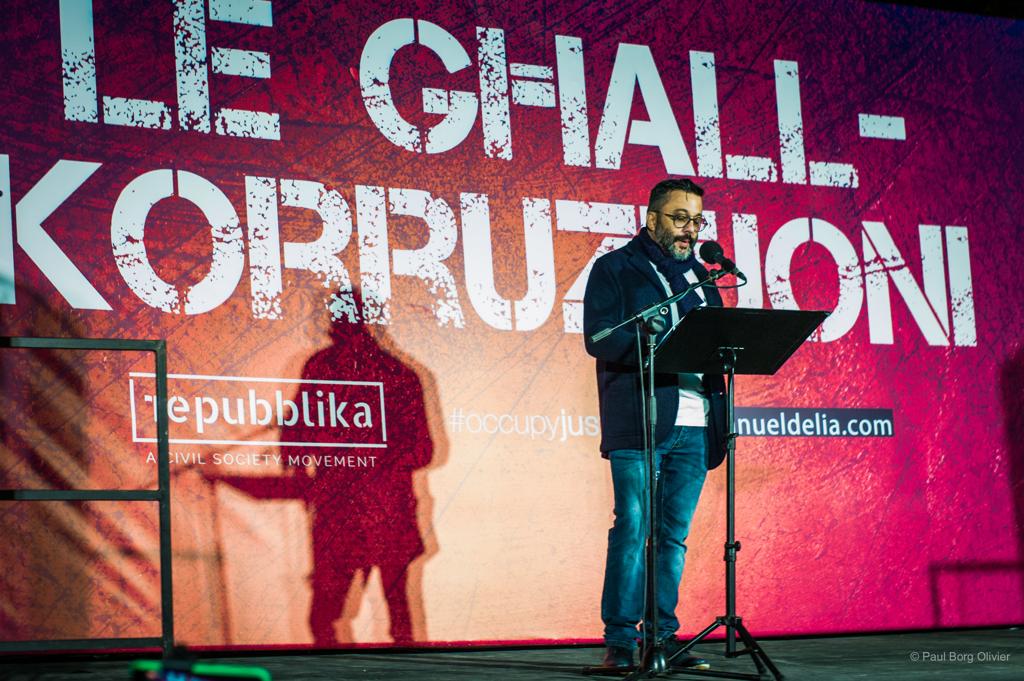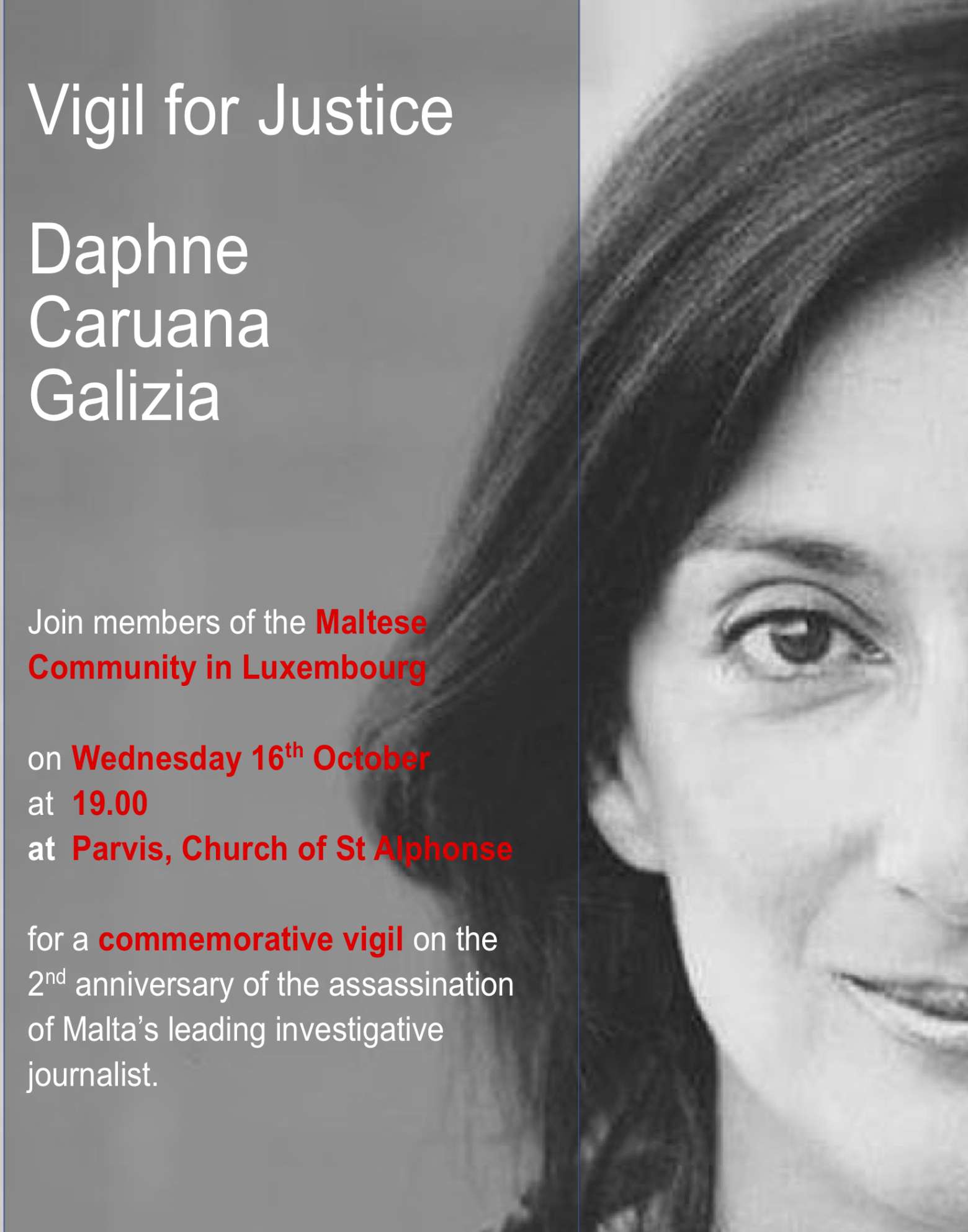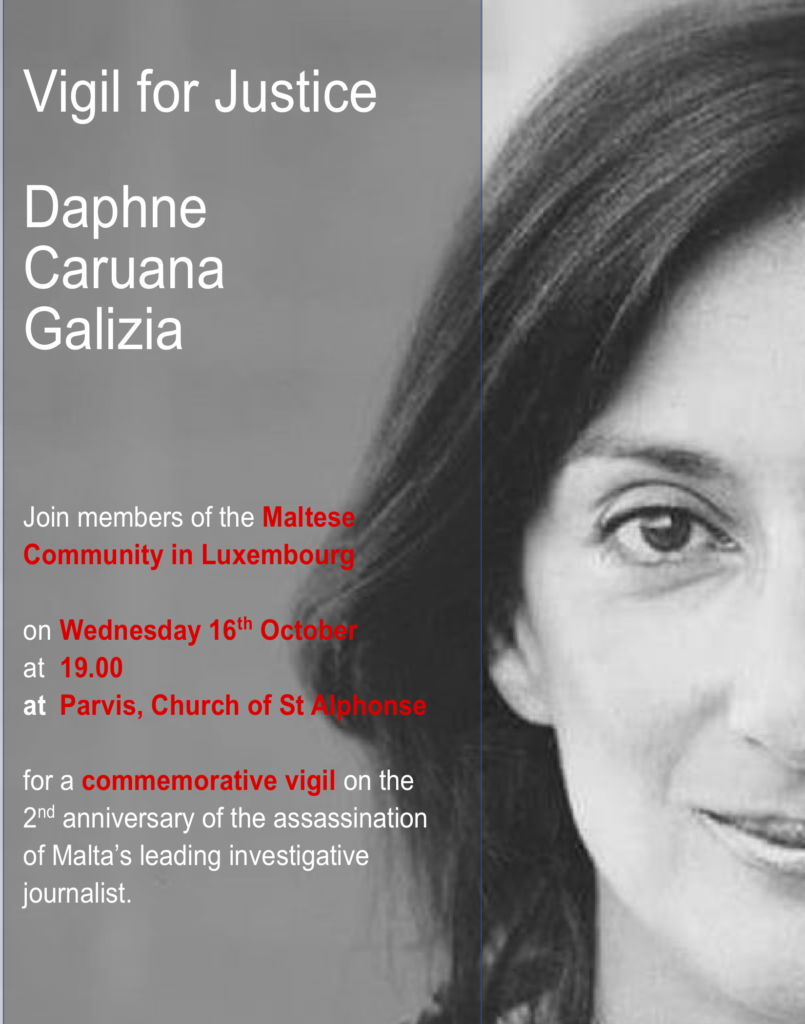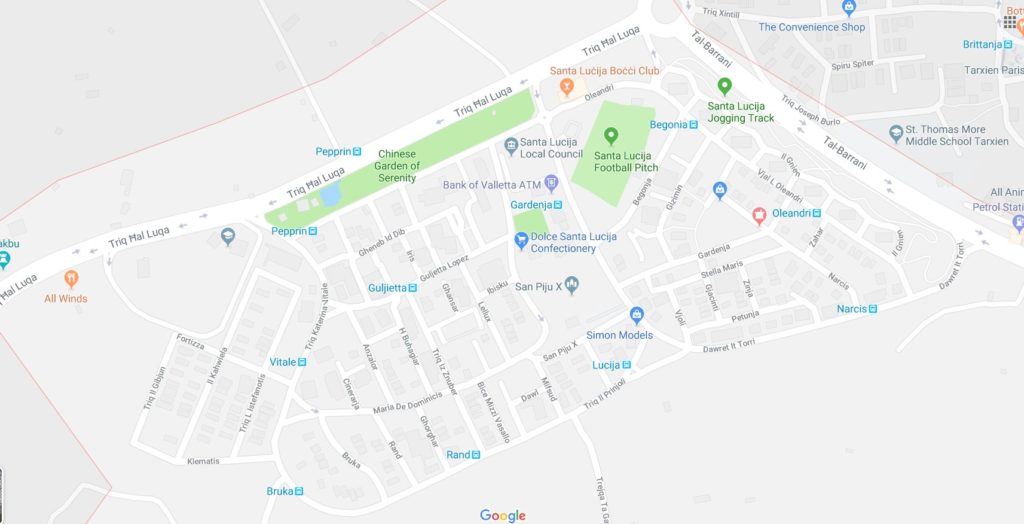This article first appeared on the Shift news.
In May 2017 I co-founded a group called the Advocates for the Rule of Law. We took out a full-page advert on The Times of Malta in which we announced vacancies for the proper functioning of democracy. That was the beginning of a brief campaign in which we raised the alarm that the backsliding of the Rule of Law in Malta had taken a fast turn.
The Rule of Law as a concept is hard to sell. Harder still when all the signs of backsliding are happening at a time when the nation is buoyed by a false sense of confidence, itself boosted by the income from questionable economic policies.
It is even harder when you factor in the tribal rivalries, antipathies and mutual mistrust that pervade the socio-political scene. Attribution of ulterior motive to any criticism is just one aspect of the strong counter-information propaganda machines.
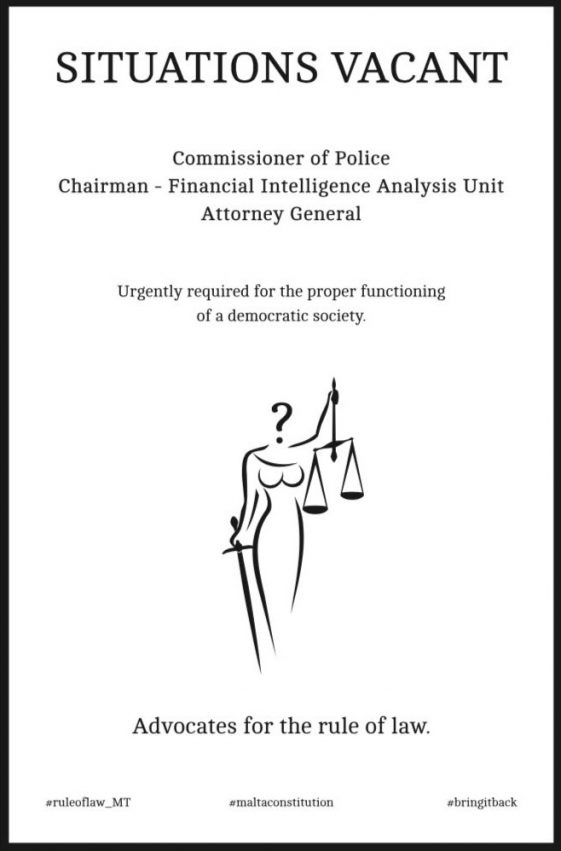
Sadly, we did not manage to get our message across. The majority opted to confirm the status quo. The scenes of hundreds of government supporters celebrating on the doorsteps of Pilatus Bank right after the election results were symbolic of the failure to get the people to understand what the backsliding of the rule of law was about.
You cannot start a revolution so long as the main victims of the status quo remain oblivious to its consequences. All change begins with grievances that are first thought in silence (and fear) and then whispered gradually in the streets and in the markets.
So long as these grievances are not felt, all explanations concerning backsliding remain technical. So long as the overwhelming partisan sentiment is exploited in an ‘Us vs Them’ rhetoric then discussions on the need for change remain technical.
The rotten State
The ulcer grew into a tumour at an astounding rate, despite the blatant unmeritocratic nominations to ‘positions of trust’ and despite the increasing suspicion in major deals on hospitals, the power station, and property transactions contracted without any effort of accountability and transparency.
It got worse despite the increasing amount of information patiently collected by the part of the Fourth Estate that still functions – those journalists and investigators picking up where the captured authorities failed. It got worse despite the brutal assassination of Daphne Caruana Galizia.
The alarm bells remained silent.
A culture of fear had been instilled in a segment of the population – fear from retribution. Where there was no fear there was confusion. The official opposition was in tatters – it, too, a victim of institutional capture.
This is not a partisan call. It is a call across society to win back what is ours
The heritage that the PN carries is one of perennially closing an eye to the warning signs that the system off which it feeds is sick and damaging the nation. Even the most rebellious elements within the PN still fail to understand that the change needed includes a ‘partisan-ectomy – the PN itself must ‘die’.
The last years of institutional erosion have been characterised by a weak system finally submitting to the ultimate abuse. The Executive, Parliament and the Judiciary became the playground for an all-out assault on democratic functionality.
All the while, the last vestiges of possible watchdog activity were being silenced – first clumsily with a flurry of libel activity then brutally with a brutal assassination.
The law courts became the battleground where fake news and propaganda met institutional inadequacy. The police force and all other investigators were effectively neutered by heightened political intervention. Long-drawn libel suits extended a lifeline of superficial credibility to government positions. We are only now seeing the futility of the exercise as suit after suit is dropped.
The penny began to drop.
Magisterial inquiries are bandied about in a protracted game of inconclusiveness. Muscat’s government has not had one clear judgment in its favour – only a series of dropped libel cases, stalled inquiries and unpublished results.
We have only just begun to scratch the surface of the Vitals deal, the Electrogas deal, the Panama Papers data (including the slippery eel that is Egrant) and more, much more. Every public contract needs to be scrutinised – yet with institutional meltdown, this becomes an impossible task. Or not.
‘Talkin’ bout a revolution’
This brings me back to the whispers on the streets. The streets are where change can begin to happen. The same streets that voted in huge numbers in 2013 to bring about a change for the better against what was finally perceived as a rotting administration.
The same streets are slowly waking up to the dark reality that they have been lied to. That the ‘Best of Times’ is a lie. The message that we tried to relay three years ago is now writing itself.
Fulfilling Tracy Chapman’s words, the whispers of revolution are out on the street. There is only so far that people can accept to be deceived. It is the people who must now take the lead – demand what is theirs. This is not a partisan call. It is a call across society to win back what is ours.
The divide is between those who have the nation at heart and those who are tied to the slippery race for power and money
No amount of technical explanation will be better than the real tangible experiences of life. As Immanuel Mifsud puts it in L-Aqwa Zmien (my translation):
“When the last echoes of a politician’s emotional speech dwindle into nothing; when the marathon programmes close; when the last ever-rising graph stops and the financial expert has the last smile… somewhere, someone will be closing the garage door to fall asleep; someone will have to leave his home; someone else begins to be abused; and there will be someone who is losing his life uselessly.” .
Last week’s peaceful protests in Valletta were another step in this struggle. Parliamentarians of goodwill, who hold the interest of the people at heart, would do well to follow this call. There are no longer any Nationalist or Labour politicians – the divide is between those who have the nation at heart and those who are tied to the slippery race for power and money.
